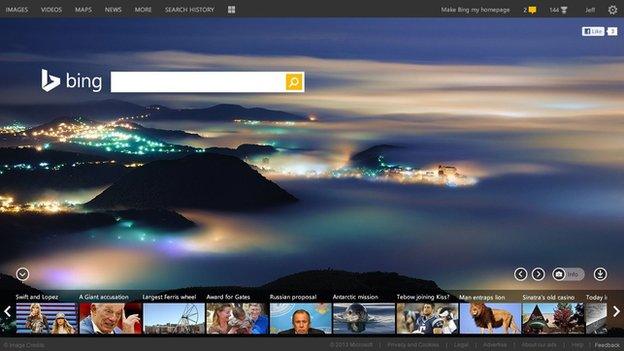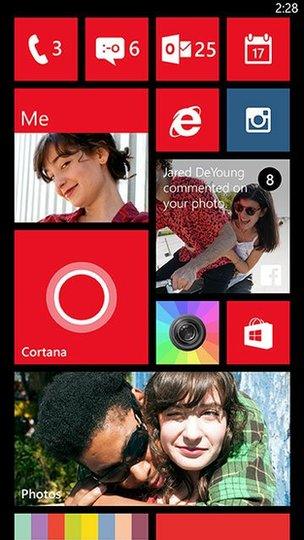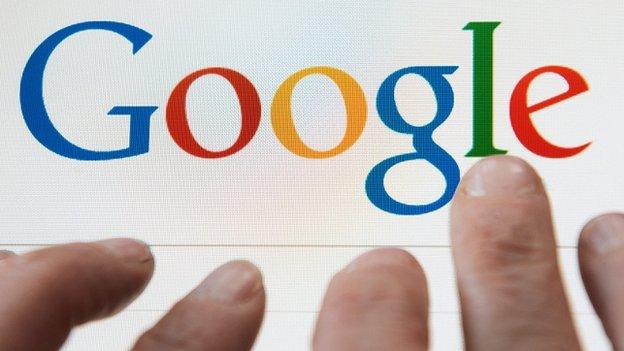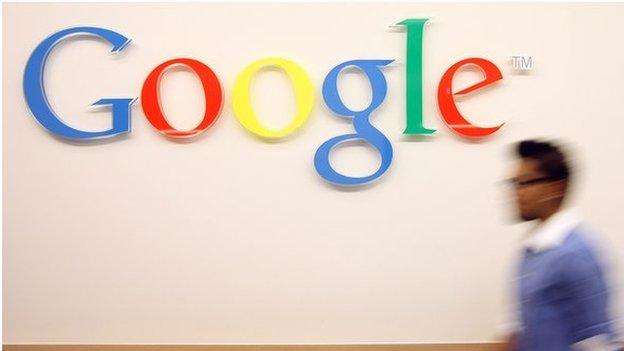Microsoft's Bing launches 'right to be forgotten' form
- Published

Bing's market share in Europe is less than a tenth that of Google
Microsoft's search engine Bing has followed Google in allowing Europeans to ask for pages to be removed from its online results.
The move comes after a landmark court ruling in May, which gave people the "right to be forgotten" on the web.
The case was brought by a Spanish man who complained that an auction notice of his repossessed home on Google's search results infringed his privacy.
Google says it has received more than 70,000 removal requests so far.
The European Union Court of Justice said links to "irrelevant" and outdated data on search engines must be erased on request.

Bing is also used as the default search engine on Windows Mobile smartphones
However, the links are still available on search engines outside the EU.
Since the ruling, links to BBC and Guardian articles have been hidden from Google search results, sparking controversy about freedom of expression.
Bing's online form, external invites users to apply for links to be blocked, asking them to provide identity information so that it can "evaluate" any request.
"This information will help us to consider the balance between your individual privacy interest and the public interest in protecting free expression and the free availability of information, consistent with European law," the form says.
"As a result, making a request does not guarantee that a particular search result will be blocked."
Bing's market share in Europe is less than a tenth that of Google, but the search engine is also the default facility on Windows Mobile smartphones.
A website has been set up, external that asks users to add to its list of items that Google has removed.
- Published15 July 2014

- Published15 May 2014

- Published13 May 2014
